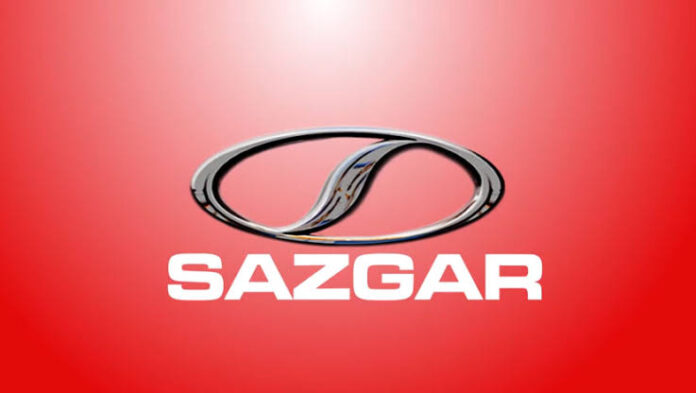It’s indeed a great idea to hunt for companies that offers alpha returns. Propelled by this mindset, I just came across two companies that are currently engaged in share-buybacks.
KOHC and Netsol filed on the stock exchange for outstanding shares buybacks of an estimated aggregate 12 million and 10 million respectively. (More information on this can be sought from the PSX Data Portal).
This pushed me to look deeper into the causes behind share-buybacks and see whether they offer an opportunities to individual investors.
Below is a summary of my research.
Companies opt for share buybacks for various strategic reasons, but unless management explicitly discloses the rationale, it can be challenging to pinpoint the exact motives. Common reasons include:
1. Excess Cash Reserves: A company with surplus cash that finds no immediate use for expansion, acquisitions, or other investments may choose to repurchase shares.
2. Confidence in Future Growth: Management’s confident in the company’s growth prospects may offer shareholders the option to sell their shares at a premium or benefit from improved earnings per share (EPS) and dividends resulting from fewer outstanding shares.
3. Undervalued Stock: If management believes the company’s stock is undervalued, a buyback can capitalise on the opportunity to purchase shares at a discount.
In the cases of KOHC and NetSol, following factors seem to be at play:
KOHC (Kohat Cement Company Limited):
1. Maintains a strong financial position with more cash than debt.
2. Trades at a low Price-to-Earnings (P/E) ratio and earnings multiple, suggesting undervaluation.
3. Generates sufficient cash flows to cover interest payments, ensuring operational stability.
4. Enjoys a prominent position in the construction materials industry with expectations of near-term growth.
5. Delivered high returns over the past year, reinforcing confidence in future performance.
6. Boasts liquid assets that exceed short-term obligations, ensuring ample financial flexibility.
Source 1-6 (Investing.com)
NetSol Technologies:
1. Holds a cash-rich balance sheet with more cash than debt.
2. Exhibits a strong free cash flow yield, underscoring its ability to sustain buybacks.
3. Trades at a low earnings multiple, pointing to potential undervaluation.
4. Commands a solid reputation as a key player in the software industry.
5. Possesses liquid assets that surpass short-term liabilities, providing financial security.
Source 1-5 : Investing.com
Both companies reflect the typical characteristics of firms engaging in buybacks: financial health, undervaluation, and confidence in future prospects.
It seems both companies are in nicely poised to be on the radars of investors that base their buy and sell calls on fundamental analysis.
Disclaimer: This content is for educational and informational purposes only. It should not be considered financial or investment advice. Always do your own research or consult with a licensed financial professional before making any investment decisions.


.png)


